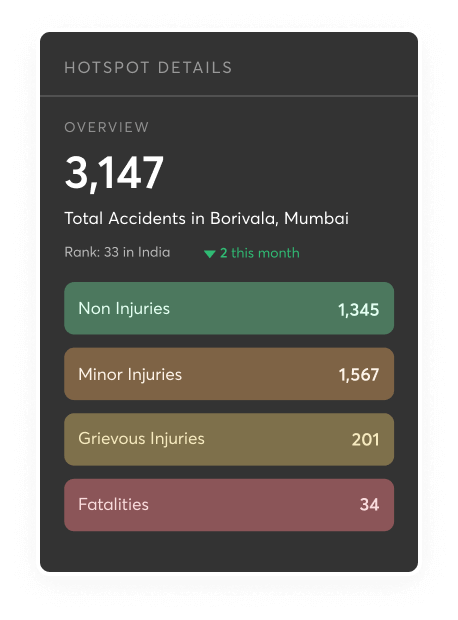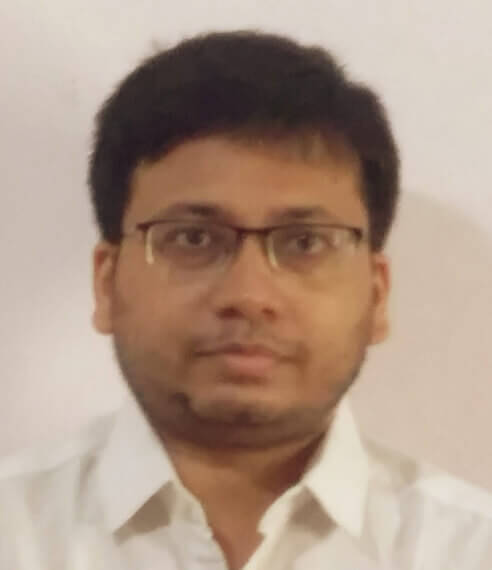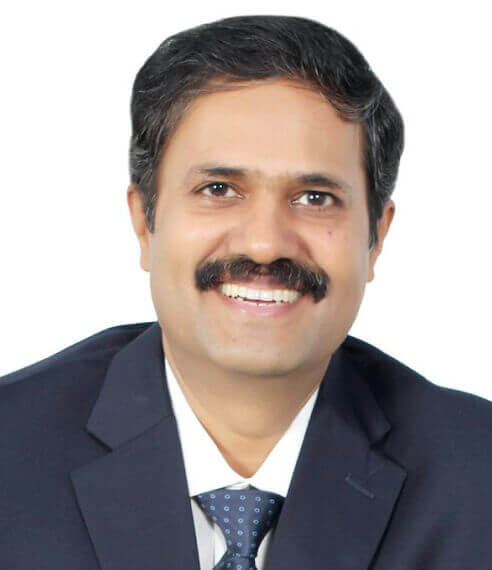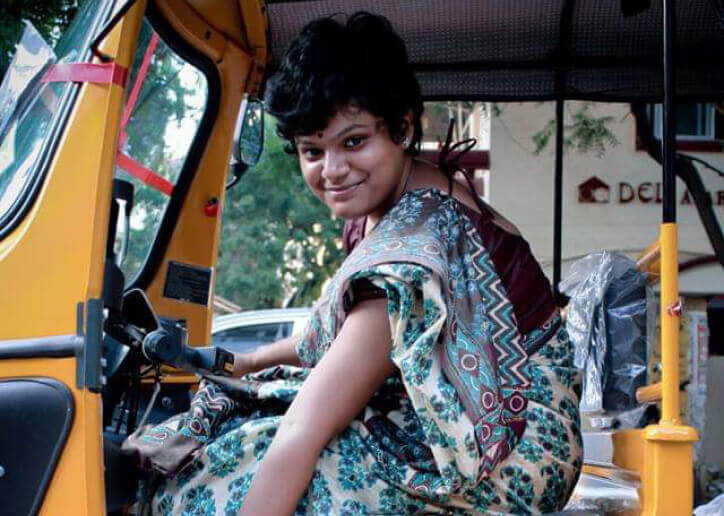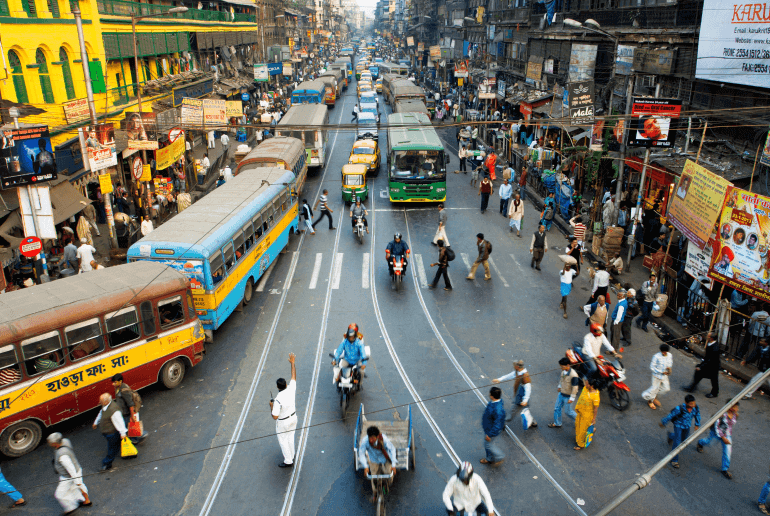
About Safar
SAFAR (Safe, Accessible Future using AI on Roads) uses road accident data to analyse the reasons for accidents and provides insights at a hyperlocal level to make our roads safer. Safar also allows policymakers and planners to simulate planned safety interventions, gauging their potential impact before taking suitable action.
Safar Labs
The Safar Labs is an AI/ML engine that conducts root-cause analysis of road accidents at the hyperlocal level (street, neighbourhood levels), and recommends hyperlocal policy and regulatory action. Safar Labs has three main components:
Safar View
A map-based interface which shows statistics, time-series and spatial analysis of different types of traffic accidents.
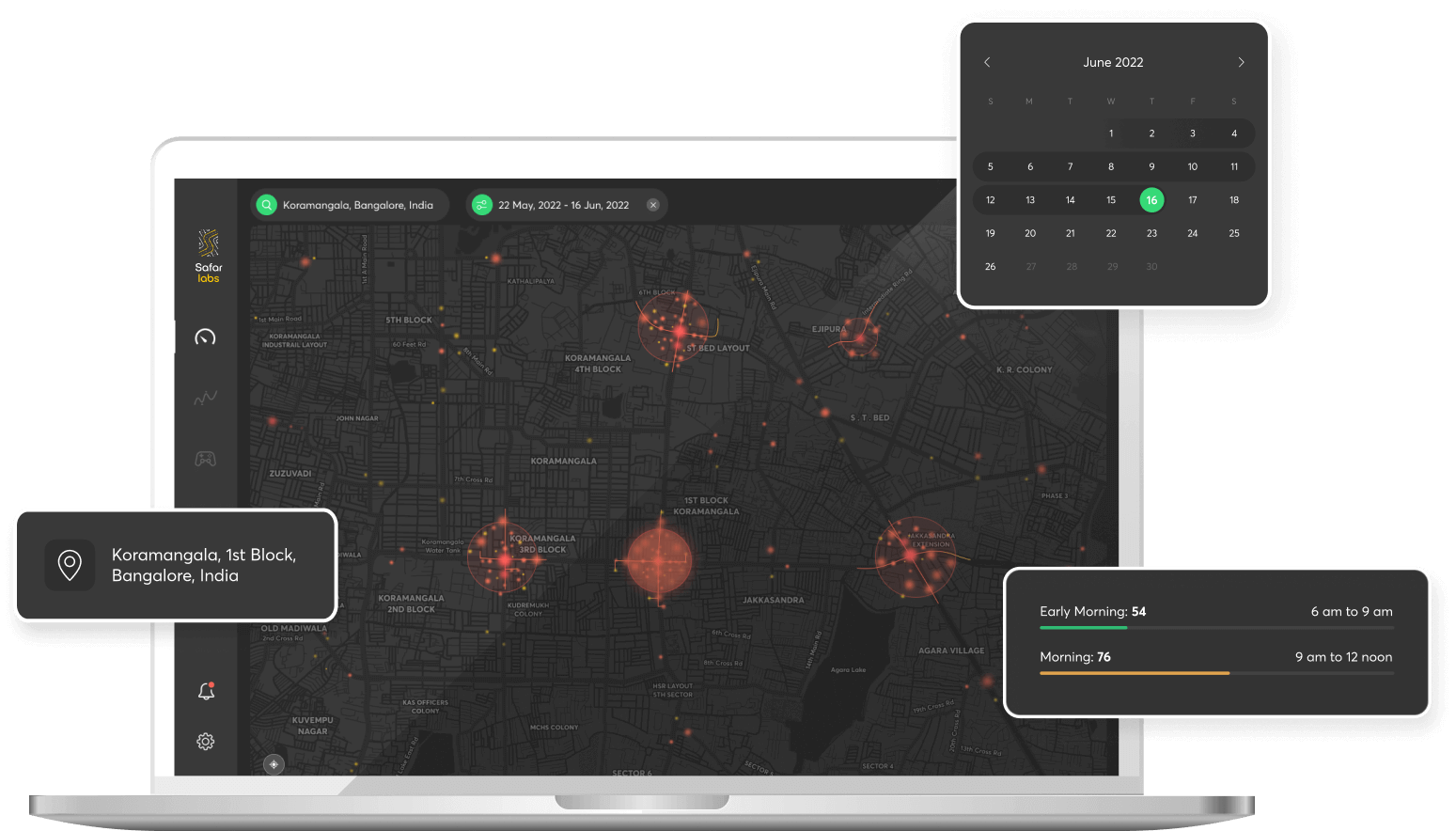
Safar Cause
Using machine-learning based analysis and classification using Decision Trees or Random Forests, we provide causal attribution and severity prediction.
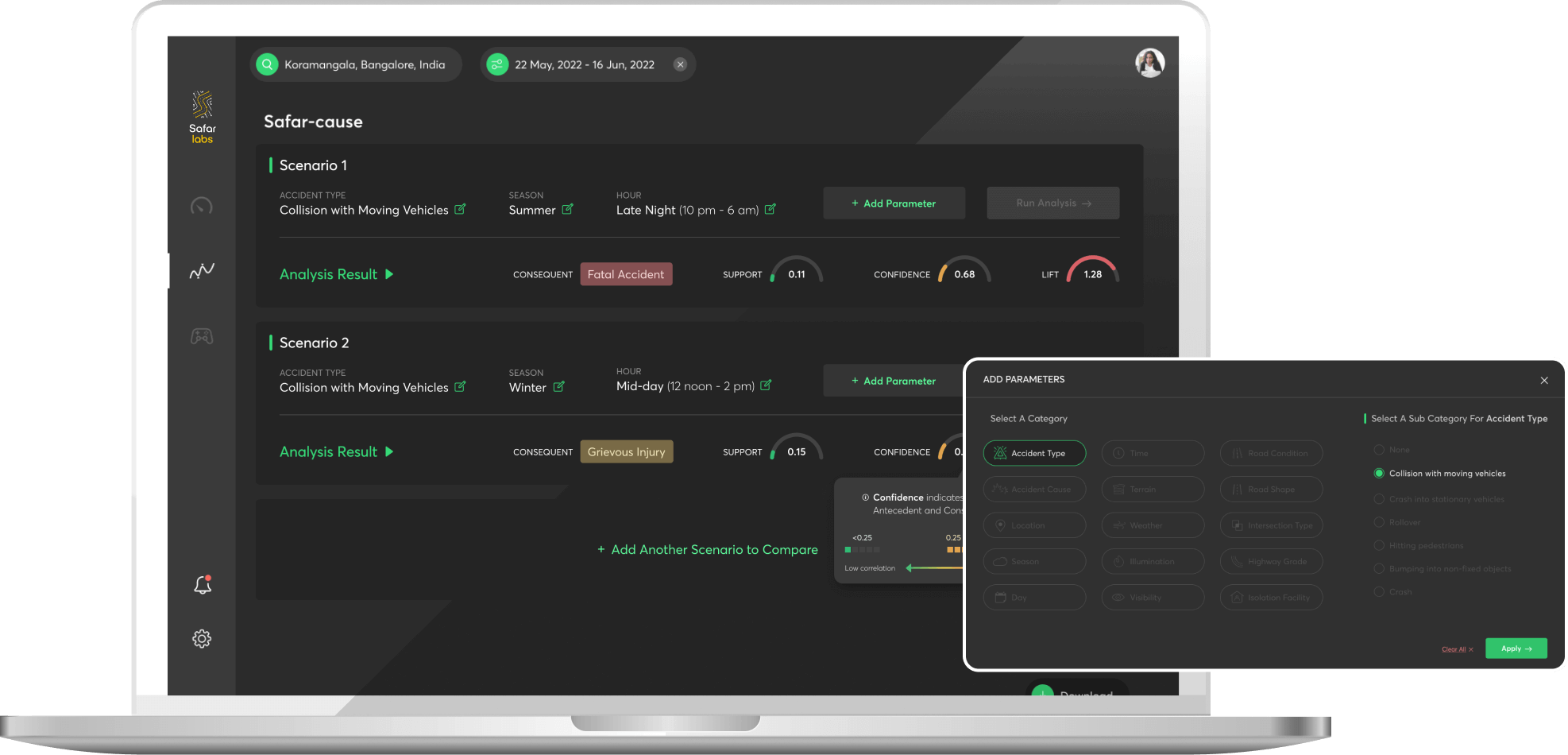
Safar Sim
By interfacing with a traffic simulation engine such as MATSIM or VISSIM, policymakers and urban planners can choose various interventions at specific accident-prone sites and see the effects of such simulation.
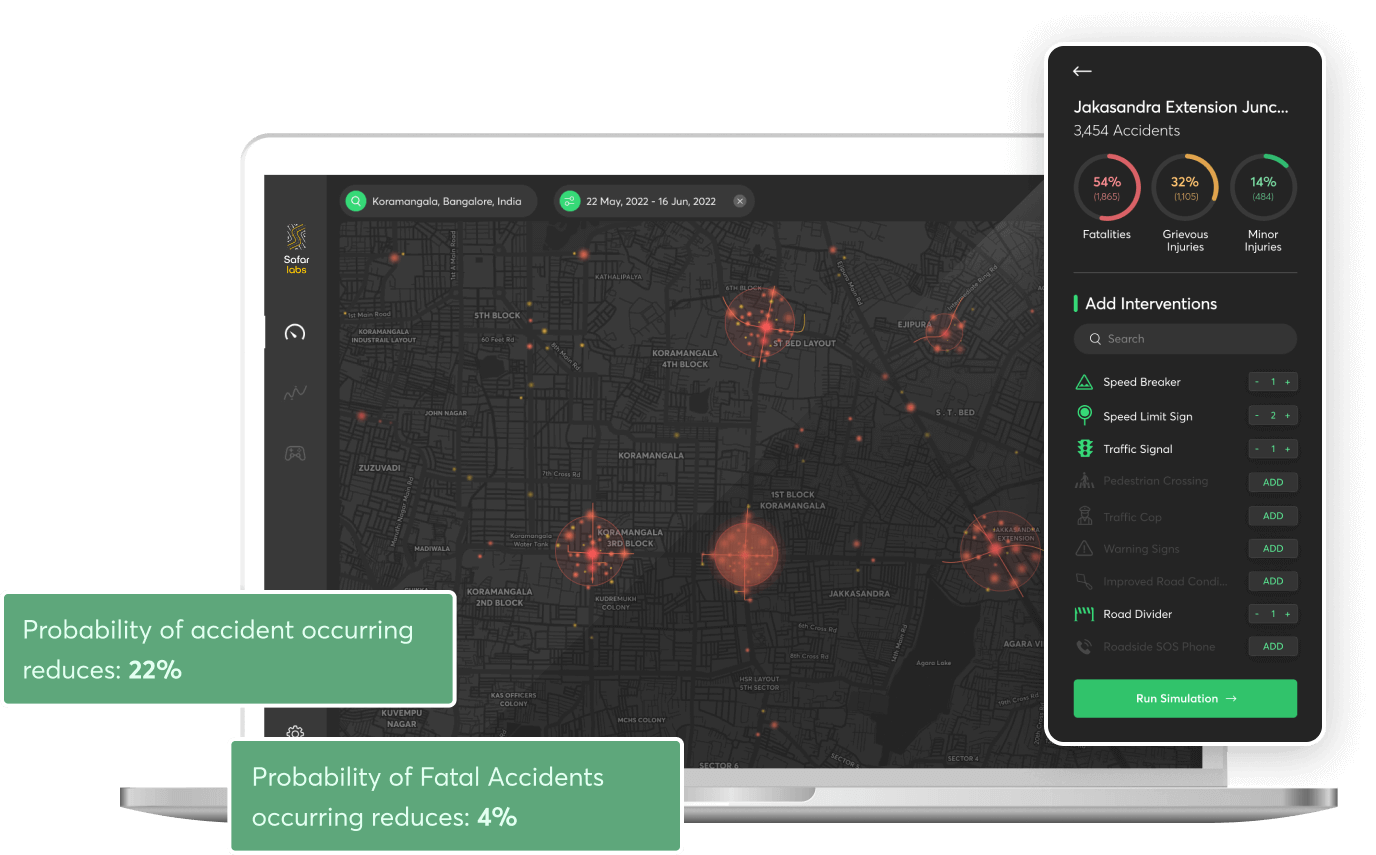
Solution Process
-
 STAGE 1
STAGE 1Data collection:
Accidents data, FIRs, Medical records, Video feeds, etc. at the hyperlocal level
-
 STAGE 2
STAGE 2Data Analysis & Software Development:
Data analytics and pattern mining, Traffic Microsimulations to create counterfactual data, Predictive modelling
-
 STAGE 3
STAGE 3Policy Insights Generation:
Analysis of policy interventions in India, Japan, USA, among others, Microsimulations: accurate exploratory analysis of road safety issues, Recommend policy interventions at the hyperlocal (street/ locality) level
Making our Roads Safer
Case Study
Accidents in the period 2018-2021 were analysed in East Bardhaman district to identify hot spots...
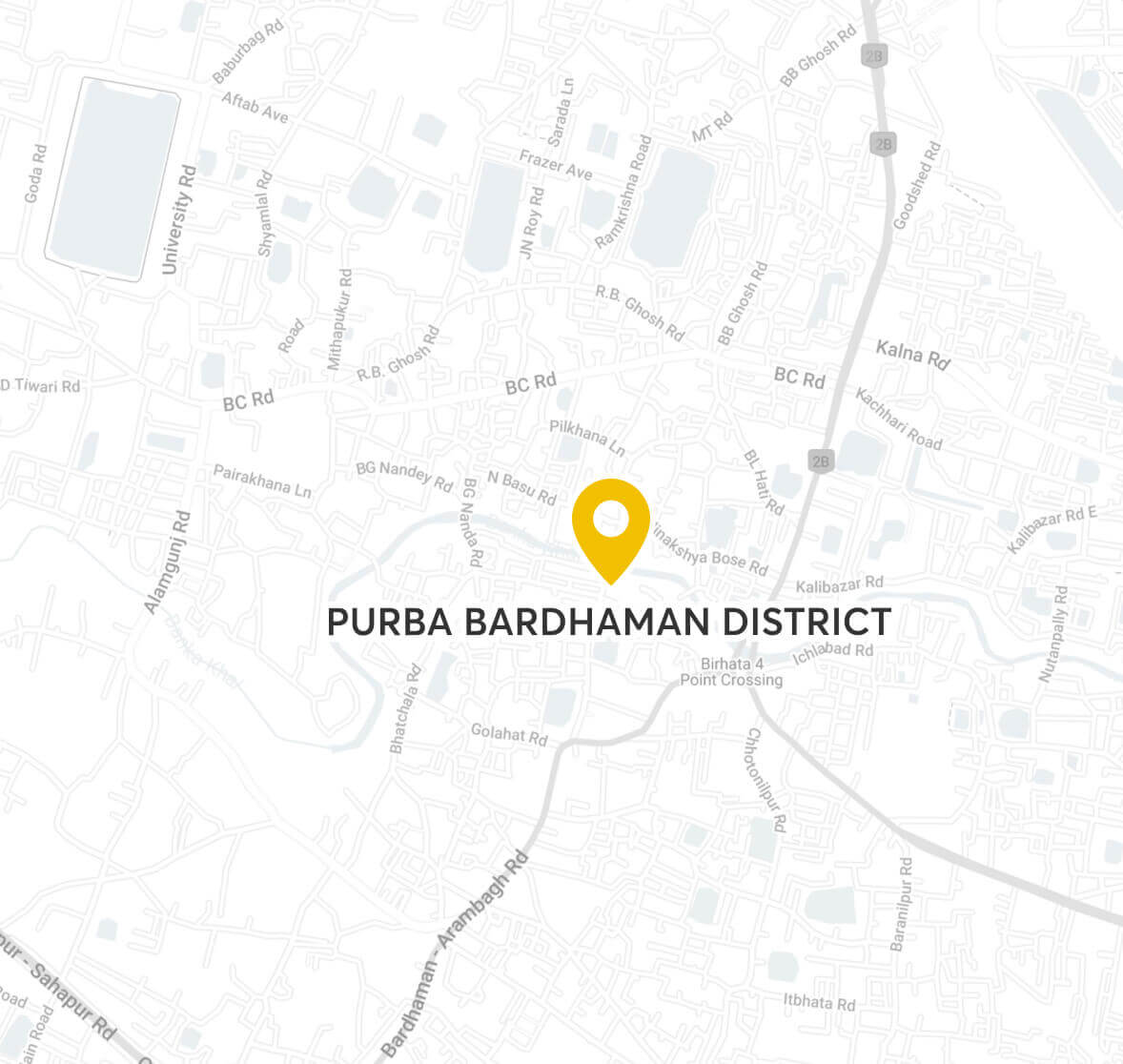 Download Case Study
Download Case Study

Team involved in Making our Roads Safer
Supported By
-

Salzburg Global Seminar
Salzburg Global Seminar is an independent non-profit organization founded in 1947 with a mission to challenge current and future leaders to shape a better world.
Discover More -

Japan India Transformative Technology Network
The Japan India Transformative Technology Network, launched in 2020 by Salzburg Global Seminar and The Nippon Foundation, connects tech entrepreneurs from India and Japan to foster collaborations and surface creative ideas to use tech and artificial intelligence as a force for good, solving some of the pressing challenges of today: mobility, equity and access, economic development. The founders—Aishwarya and Adway are Salzburg Global Fellows participating in the JITTN fellowship programme.
Discover More
Contact Us
For more details about the project and to partner with us, email safarlabsglobal@gmail.com or just provide your email and contact details

